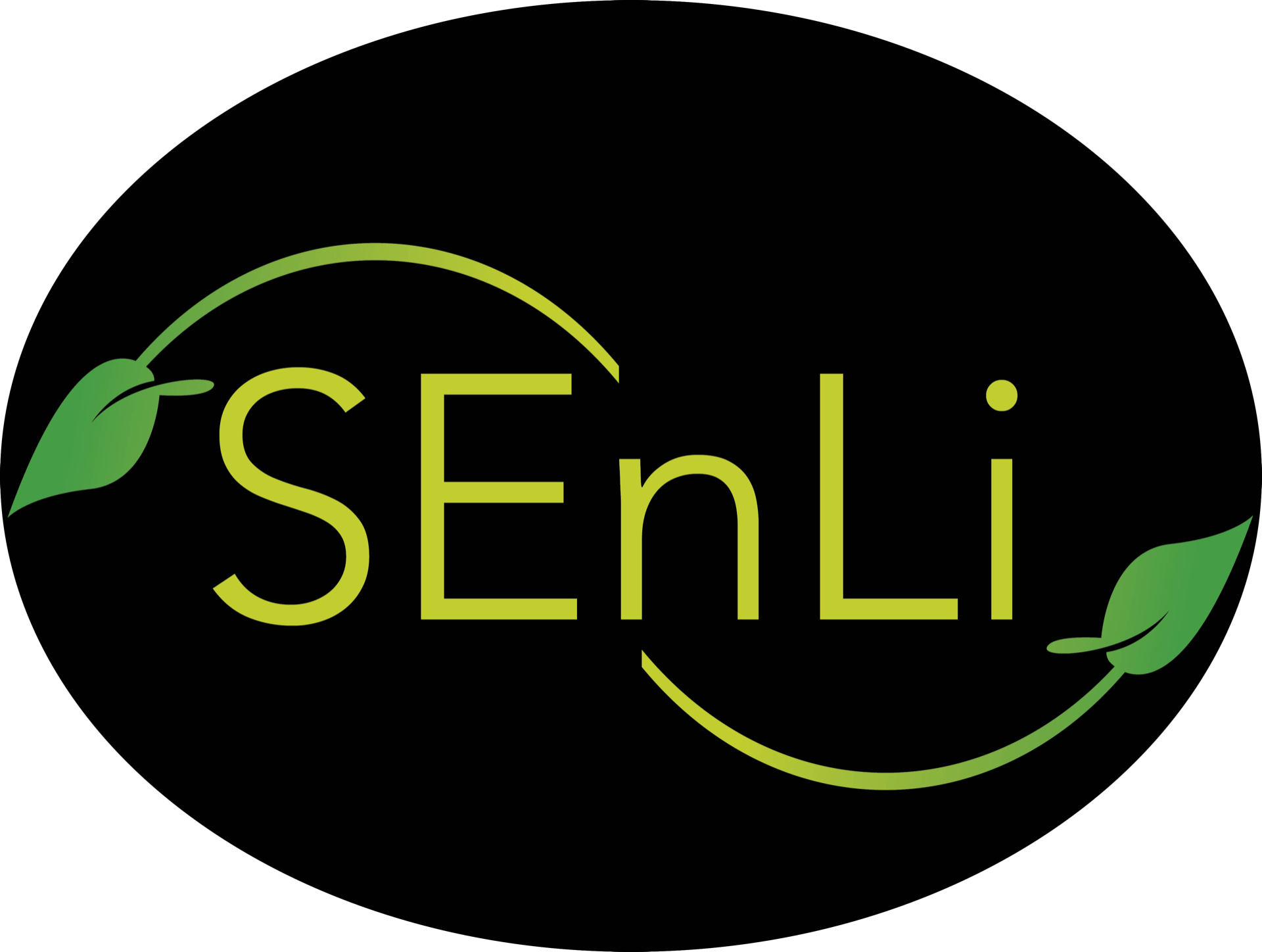In order to stimulate the regional economy and reduce household organic waste, a member of SEnLi, Paolo Jr. Mrad, is working on the development of “HoBi”, an out home bio-digester. HoBi turns food waste to cooking gas and liquid fertilizers. It closes the loop necessary for an eco-effective design.
Project supervisor: Dr. Alissar Yehya Lab Setup: Dr. Nicolas Abdel Karim AramouniTo meet HoBi and Paolo! Click here.
The digester is to be manufactured locally with readily available materials and compatible with the Lebanese climate; underscoring another objective that the aforementioned enclosure is also capable of satisfying.
Front view of the biodigester cylinder
How HoBi works?
This procedure should yield a significant amount of methane gas in a timeframe of a few days. It also provides a considerable amount of liquid fertilizer for farming purposes. The first prototype of the design, while not final, is practically ready to start testing with a series of organic batches of varying sizes and compositions. The first round of testing serves to determine the optimal parameters of operation, namely the temperature at which the process occurs.
“HoBi” prototype setup
Prior literature on the matter of biogas formation suggests a favorable medium temperature of approximately 35 degrees Celsius, which will be used as our current benchmark. Primary testing has started and will be followed by the development of a full-scale model for more extensive testing.
This secondary and more important stage of testing evaluates the possibility of optimizing the initial design. This will be achieved through the distribution of the full-scale model to a variety of willing volunteers, environmental enthusiasts and farmers in order to get their insight on the convenience of the digester. The collected data will be used as a means of fine-tuning the final model for increased efficacy and better adaptability to this currently very challenging period. While the main targets of this new approach to bio-digesters are households, a key objective of this endeavor is to up-scale its core design to be employable in remote places and refugee camps as a means of providing the less fortunate with a cheap, yet consistently reliable source of cooking gas.
This venture puts the humanitarian dimension of our project into perspective while also substantiating its excellent financial, social and environmental benchmarks. At the end of the day, the main concept on which the foundation of this idea is built upon lies in the desire of integrating society into becoming part of the planet’s natural cycle of regeneration. To elaborate, we do not wish to simply attempt to reduce waste but rather to also produce a positive and impactful output.
Indeed, we are striving to eliminate the concept of waste rather than lessen it while designing a solution for the abundance, proliferation and delight of society.


